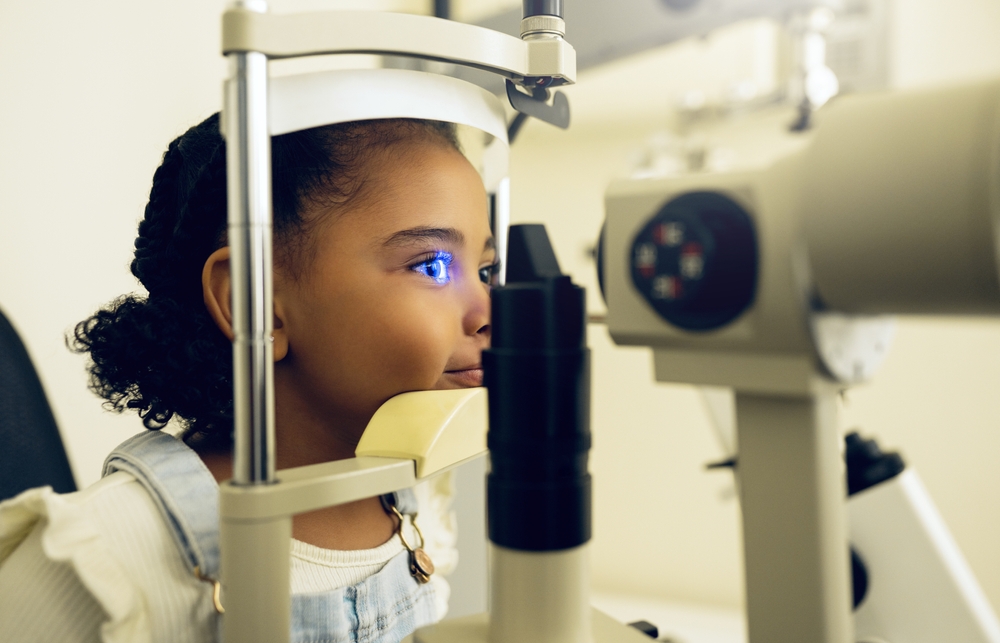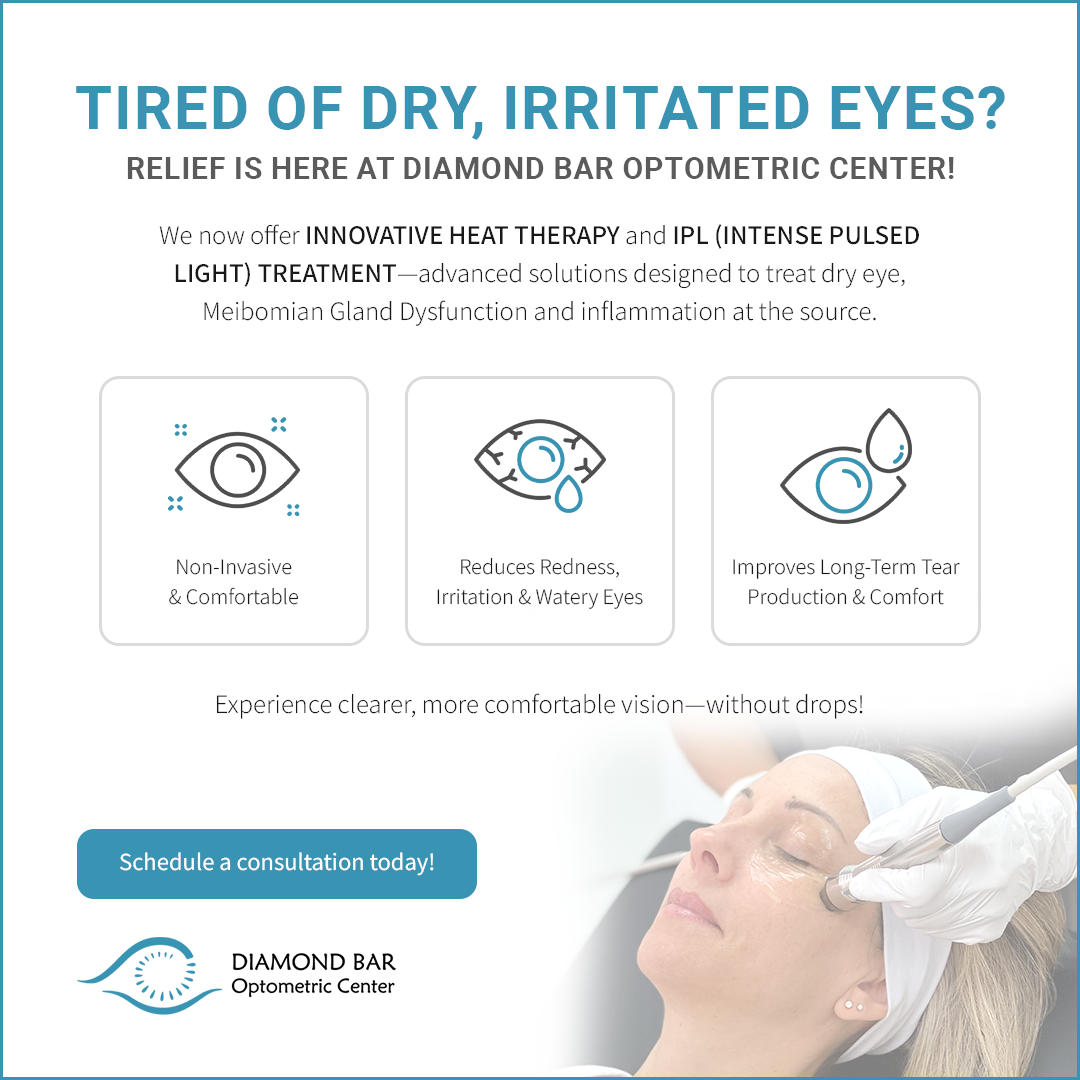
Regular eye examinations are essential for children, as they can detect and address vision problems early on. These exams not only assess the clarity of your child's vision but also evaluate the overall health of their eyes. By catching any issues early, you can take proactive steps to ensure your child is equipped with the necessary tools to thrive in the classroom.
Common Eye Conditions in Children
Children can experience a variety of eye conditions that can impact their vision and overall development. Some of the most common include:
Refractive errors (nearsightedness, farsightedness, and astigmatism)
Amblyopia (lazy eye)
Strabismus (eye misalignment)
Convergence insufficiency (difficulty focusing on near objects)
Color vision deficiencies
Early detection and treatment of these conditions can make a significant difference in your child's academic and social success.
Signs and Symptoms That Indicate Your Child May Need an Eye Exam
As a parent, it's important to be aware of the signs and symptoms that may indicate your child needs an eye exam. Some of these include:
Frequent squinting or eye rubbing
Complaints of headaches or eye strain
Difficulty concentrating or focusing on tasks
Covering or closing one eye when reading or watching TV
Frequent loss of place when reading
Tilting the head or covering one eye
Avoiding activities that require close-up work
If you notice any of these signs, it's crucial to schedule an eye exam with a qualified eye care professional.
The Impact of Vision Problems on Learning and Academics
Vision problems can have a profound impact on a child's learning and academic performance. Undiagnosed and untreated vision issues can lead to difficulties in the following areas:
Reading and Comprehension: Children with vision problems may struggle to focus on the text, leading to poor reading fluency and comprehension.
Attention and Concentration: Eye strain and headaches can make it challenging for children to maintain focus and attention in the classroom.
Coordination and Spatial Awareness: Issues with eye-hand coordination and depth perception can impact a child's ability to participate in physical activities and sports.
Social Development: Vision problems can lead to social challenges, as children may struggle to make eye contact or participate in group activities.
By addressing these vision issues through comprehensive eye exams and appropriate treatment, you can help your child overcome these obstacles and set them up for academic success.
How an Eye Exam Can Help Your Child Succeed in School
A comprehensive eye exam performed by optometrist can provide valuable insights into your child's vision and overall eye health. During the exam, the doctor will assess:
Visual Acuity: The clarity and sharpness of your child's vision, both near and far.
Refractive Errors: Conditions like nearsightedness, farsightedness, and astigmatism that can be corrected with prescription lenses.
Eye Alignment and Muscle Function: The coordination and movement of the eyes, which can impact depth perception and focusing.
Eye Health: The overall health of the eyes, including the cornea, lens, and retina.
Based on the findings, your eye doctor can provide the appropriate treatment, whether it's prescription eyeglasses, contact lenses, or other interventions. By addressing any vision problems, you can help your child reach their full academic potential and enjoy a successful school year.
Schedule Your Child’s Eye Exam with Diamond Bar Optometric Center Today
As your child strives to succeed in school, don't forget to prioritize their vision health. Regular eye exams can help identify and address any underlying vision problems, ensuring your child has the tools they need to thrive in the classroom and beyond.
If you're concerned about your child's vision or want to schedule a pediatric eye exam, contact Diamond Bar Optometric Center. We are dedicated to providing comprehensive vision assessments and personalized treatment plans to help your child succeed. Visit our office in Diamond Bar, California, or call (909) 310-0334 to book an appointment today.





